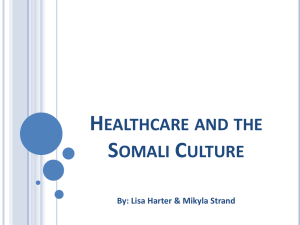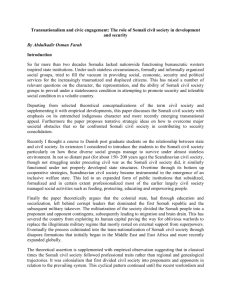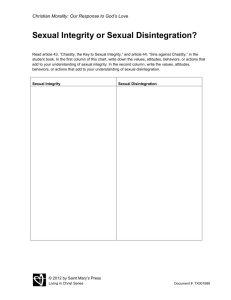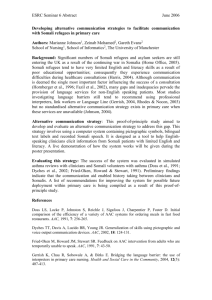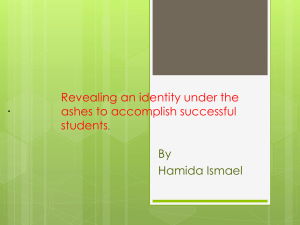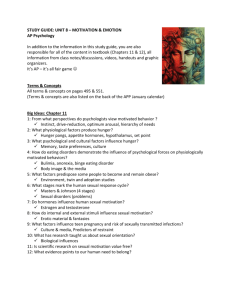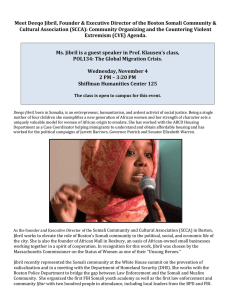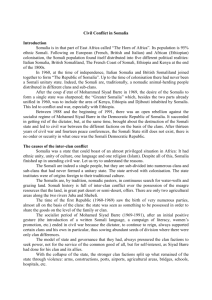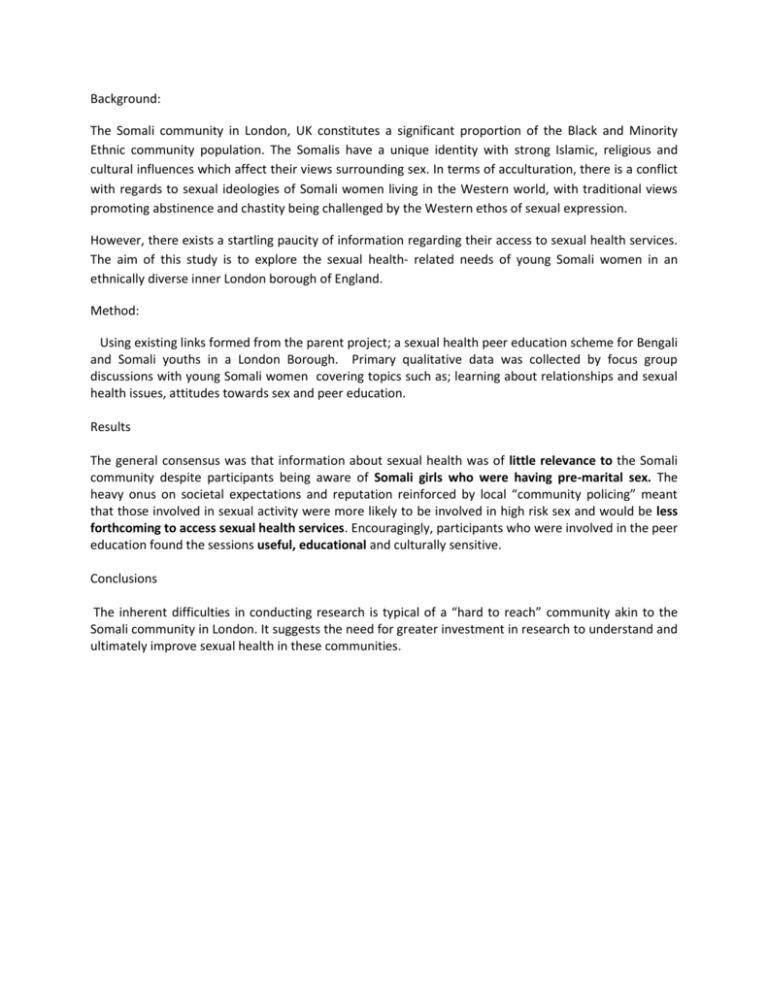
Background:
The Somali community in London, UK constitutes a significant proportion of the Black and Minority
Ethnic community population. The Somalis have a unique identity with strong Islamic, religious and
cultural influences which affect their views surrounding sex. In terms of acculturation, there is a conflict
with regards to sexual ideologies of Somali women living in the Western world, with traditional views
promoting abstinence and chastity being challenged by the Western ethos of sexual expression.
However, there exists a startling paucity of information regarding their access to sexual health services.
The aim of this study is to explore the sexual health- related needs of young Somali women in an
ethnically diverse inner London borough of England.
Method:
Using existing links formed from the parent project; a sexual health peer education scheme for Bengali
and Somali youths in a London Borough. Primary qualitative data was collected by focus group
discussions with young Somali women covering topics such as; learning about relationships and sexual
health issues, attitudes towards sex and peer education.
Results
The general consensus was that information about sexual health was of little relevance to the Somali
community despite participants being aware of Somali girls who were having pre-marital sex. The
heavy onus on societal expectations and reputation reinforced by local “community policing” meant
that those involved in sexual activity were more likely to be involved in high risk sex and would be less
forthcoming to access sexual health services. Encouragingly, participants who were involved in the peer
education found the sessions useful, educational and culturally sensitive.
Conclusions
The inherent difficulties in conducting research is typical of a “hard to reach” community akin to the
Somali community in London. It suggests the need for greater investment in research to understand and
ultimately improve sexual health in these communities.


